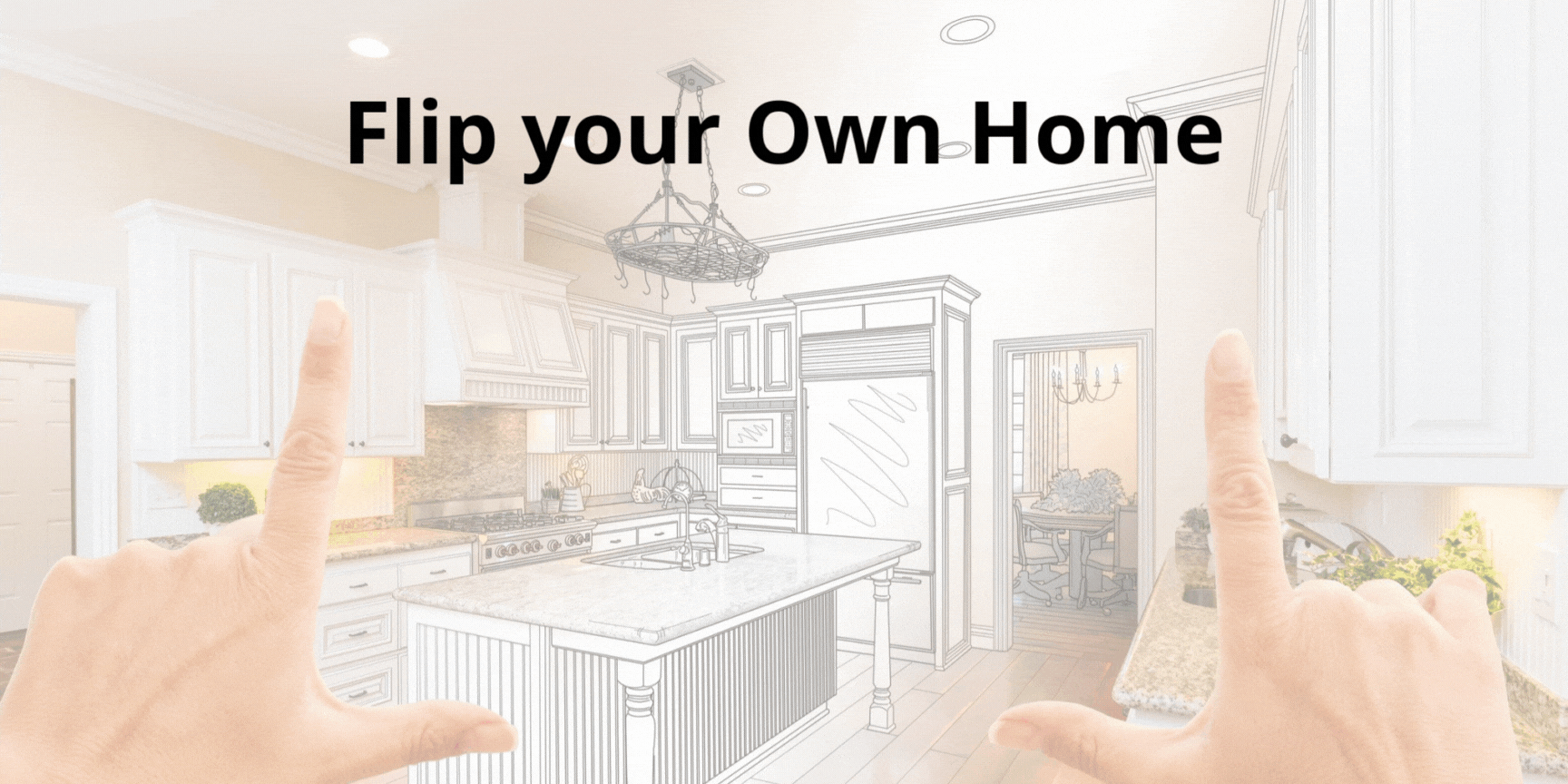There are a number of theories and philosophies when it comes to pricing real estate for sale. Most real estate agents will tell you that the best practice is to list a home for sale somewhere around what they feel is market value – or even just a bit under market value, to foment a bidding war. However, there’s a school of thought that suggests there’s a better way to get the highest price for your home, so in this article I will talk about the anchoring effect and asking price in real estate.
Many home owners are uncomfortable with the idea of pricing their home competitively, that is to say, at or slightly below “market value.” There is real trepidation when it comes to trusting that the market is going to work its magic and deliver sufficient buyers to create a feeding frenzy that will be needed to boost the sale price of a home up over asking price. Additionally, some sellers fear that bidding wars turn off buyers and dissuade them from even making an offer in the first place. That is undoubtedly true, however the counter-argument to that is that the buyers who are put off by a bidding war are typically not the strongest, most-motivated buyers anyway.
Instead of under-pricing or “fairly pricing” their homes, many sellers will choose to set a high price. Doing so, they believe, will give them “room to negotiate.” Beyond leaving “room to negotiate,” a high asking price also may work in the seller’s favor due to the effects of anchoring, or cognitive bias.
One of the very first things any prospective buyer knows about your property is the list price. There’s a tendency among humans to rely heavily on the first bit of information available (that is, the anchor) when making subsequent decisions. When a buyer sees a house listed for say $550,000, the theory goes that buyers will be much more likely to think of the home as worth $550,000 than if it were listed at $500,000.
Let’s say though that the sales data strongly indicate that a particular house is really worth $500,000 rather than $550,000. Does listing it at $550,000 – 10% over value – make for a good strategy to get the highest price and best terms on the sale of the home? Or would it have a different effect: driving buyers into the doors of competing homes which offer demonstrably the same value but at a significantly lower price?
I would argue the latter. In a competitive market – that is to say, a buyer’s market, where there’s plenty to choose from – setting a high price and expecting to effect a sale at close to that price is suicide. OK, maybe it’s perhaps just lunacy, or good old fashioned folly. Whatever you want to call it, I think it’s a bad idea.
However, there are times when setting a high price and relying on the effects of anchoring do make sense, such as when there is not adequate sales data which indicate just how much the market is willing to pay for a particular home. This is often the case for homes that have a unique design or other characteristics that set them apart from most properties. You’ll notice especially that luxury homes and large estates often have very high listing prices, but comparatively lower selling prices. For properties which there is no comparison, setting a high price and anchoring that in the minds of buyers may make good sense – so long as the seller is prepared to wait for the right buyer.
In a seller’s market – that is, when there isn’t much for buyers to choose from – anchoring may be beneficial as well, for any home. When there is nothing else to look at, even a home which appears (somewhat) over-priced is likely to get a significant number of buyers through the door. Having the price set high may cause many buyers to feel that the home is in fact worth something closer to asking rather than what the recent comparable sales data indicate, and with no comparable properties readily available for purchase, may choose to make an offer and negotiate the price down as best they can.
The question boils down to, which do you trust more: market forces, or human tendency? In fact, it’s not either-or, and the price you set for your home should take both into consideration. Remember too that there is no one set value for your home, and that the ultimate sale price will be impacted by the way it is prepared, marketed, and negotiated – regardless of what initial listing price you set.







